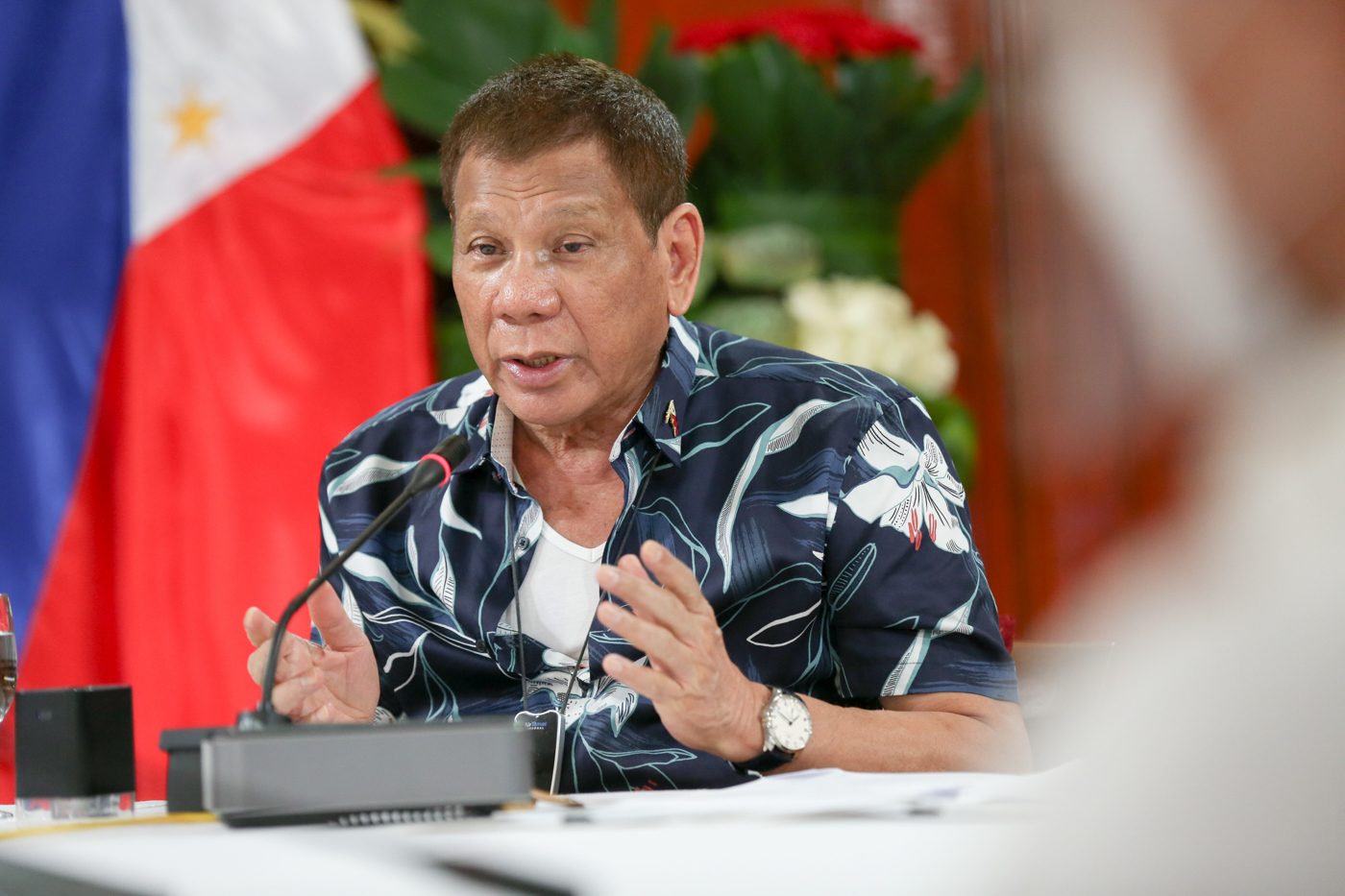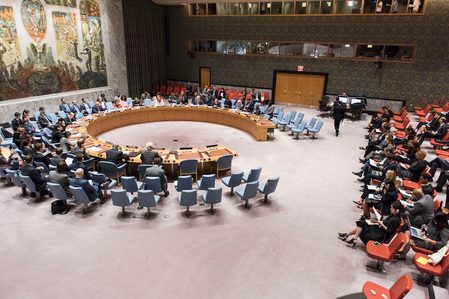SUMMARY
This is AI generated summarization, which may have errors. For context, always refer to the full article.

When President Rodrigo Duterte continued to receive high performance and trust ratings in a recent Pulse Asia survey, some Filipinos expressed disbelief at the results which seemed to solidify the President’s Teflon status.
The survey, where Duterte garnered a 91% performance rating, had defied expectations that the President’s ratings would plummet due to his administration’s poor response to the pandemic.
Some Filipinos likewise doubted the authenticity of the results, as they questioned whether a climate of fear influenced individuals’ answers to the survey.
Are these sentiments justified?
Southeast Asian studies professor Leloy Claudio raised this with Pulse Asia president Ronnie Holmes in an episode of his show “Basagan ng Trip” on Rappler. For Holmes, fear – though difficult to measure – cannot be ruled out as possibly influencing survey results.

“Hindi mo rin puwedeng tanggalin na mayroong mga ibang tao na maaaring ang nananaig sa kanila ay ang apprehension o takot, pero ganu’n pa man ang kanilang ipinapahayag ‘yung kanilang opinion,” Holmes said in the “Basagan ng Trip” interview that aired on Sunday, October 11.
(You can’t rule that there are some people whose prevailing sentiment is apprehension or fear but even then, what they share is their opinion.)
“Palagay ko hindi sa survey… bagama’t puwede natin ilagay sa survey ‘yan sa pamamagitan ng ilang katanungan, mahirap sukatin at mahirap tanggalin na maaring ito’y nakakimpluwensya,” he added.
(I don’t think a survey… Though we can place several questions on this in a survey, it is difficult to measure and difficult to rule out its possible influence.)
Taking stock
While this may be the case, Holmes said Pulse Asia has taken some steps to note respondents’ sentiments when participating in surveys. This included recording “nonverbal behavior” of participants that may exhibit their attitudes toward questions.
“Kung talagang nangingibabaw ang takot ngayon, hindi mawawala ‘yung takot na iyon kahit wala si Duterte. Pero mas importante rito, doon sa aming isinasagawang survey, tinitignan rin naming yung nonverbal behavior ng respondent,” Holmes said.
(If fear is really prevalent now, that won’t go away even if Duterte is no longer there. But more important than this, when we do our surveys, we also look at nonverbal behavior of respondents.)
Among these, Holmes sad, were the time it takes for respondents to answer questions and whether or not participants showed apprehension or had the tendency to assess interviewers conducting the survey.
“May mga survey kami dati na halos walang ganu’n lumalabas na reaksyon na tinatawag na takot or ‘yung apprehension na may tendency silang parang maghintay bago sumagot, parang pinagmamasdan nila ‘yung nag-i-interview, ina-assess yung nag iinterview…. hindi nakikita ‘yun sa dating interview,” he said.
(We had surveys before where those fearful or apprehensive reactions when they would have the tendency to wait before answering, like they were assessing the interview wouldn’t come out…. That wasn’t seen in past interviews.)
Findings on nonverbal behavior of respondents, however, are not released to the public.
Considering these factors, Claudio and Holmes said surveys may serve as starting points for deeper discussion on Filipinos’ sentiments. In other words, surveys can also be a jump-off point to probe reasons behind Filipinos’ approval or disapproval of government leaders and efforts.
Climate of fear
Like Holmes, renowned Philippine sociologist Randy David acknowledged respondents’ sentiments – including fear of retaliation – could influence their response to surveys.
In his Inquirer column on Sunday, David said even when participants are guaranteed strict confidentiality in providing their answers, “that guarantee may not mean much to people who cannot tell the difference between a legitimate private survey and one conducted by a government agency.”
“Even if they can, what are the chances that they would not be deterred in their responses by the simple thought that the ‘kapitan’ might know how they answered?” David said.
He added: “One need not go to the country’s remotest barangays to find people who would readily give ‘safe’ answers than say something that could expose them to unwanted drug raids or to being denied ‘ayuda.’ To people who have felt vulnerable and powerless all their lives – and they are the majority in our country nothing could be more dangerous than expressing their true opinion about their leaders at the wrong time.” – Rappler.com
Add a comment
How does this make you feel?

![[PODCAST] 4 reasons why Duterte’s survey ratings are still high](https://www.rappler.com/tachyon/2020/10/seat-of-power-podcast-sq-survey-rating.jpg?fit=449%2C449)

There are no comments yet. Add your comment to start the conversation.